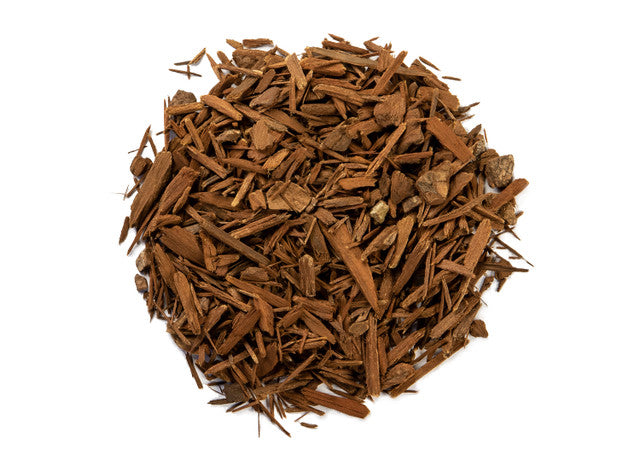
Healing Herbals
Yohimbe Bark
Yohimbe Bark
Couldn't load pickup availability
Yohimbe Bark
Yohimbe Bark has been utilized for centuries in many cultural practices and is prized for its unique properties. We source and prepare the bark with great care to maintain its natural state, selling it in its raw, natural form for consumers who enjoy traditional botanicals.
- Authentic Yohimbe bark
- Traditionally prized and respected in herbal practice
- Naturally preserved with care and prepared
- Sold in its raw, natural state
FDA Disclaimer:
The FDA does not control Yohimbe supplements. Side effects of Yohimbe bark include anxiety, increased heart rate, and nausea. More severe effects of heart issues, kidney disorders, and seizures have been documented. Yohimbe will also react with other medications and supplements. Use under the guidance of a healthcare professional. Do not use in children, pregnant, or nursing women.
Share


Here at Healing Herbals Store
We carefully select suppliers who share our commitment to environmental stewardship and minimize waste through eco-conscious or reused packaging whenever possible. We prioritize supporting fair labor practices and are currently investing in regenerative farming methods, so every product reflects our dedication to both quality and the health of our planet. Shop now!

